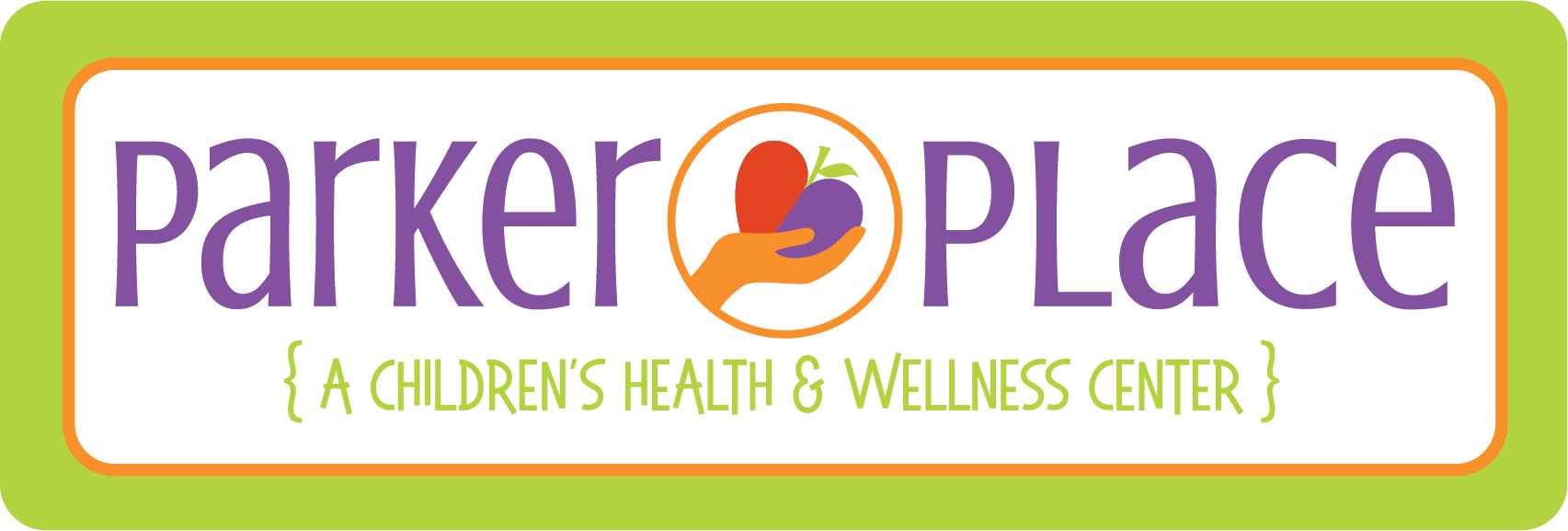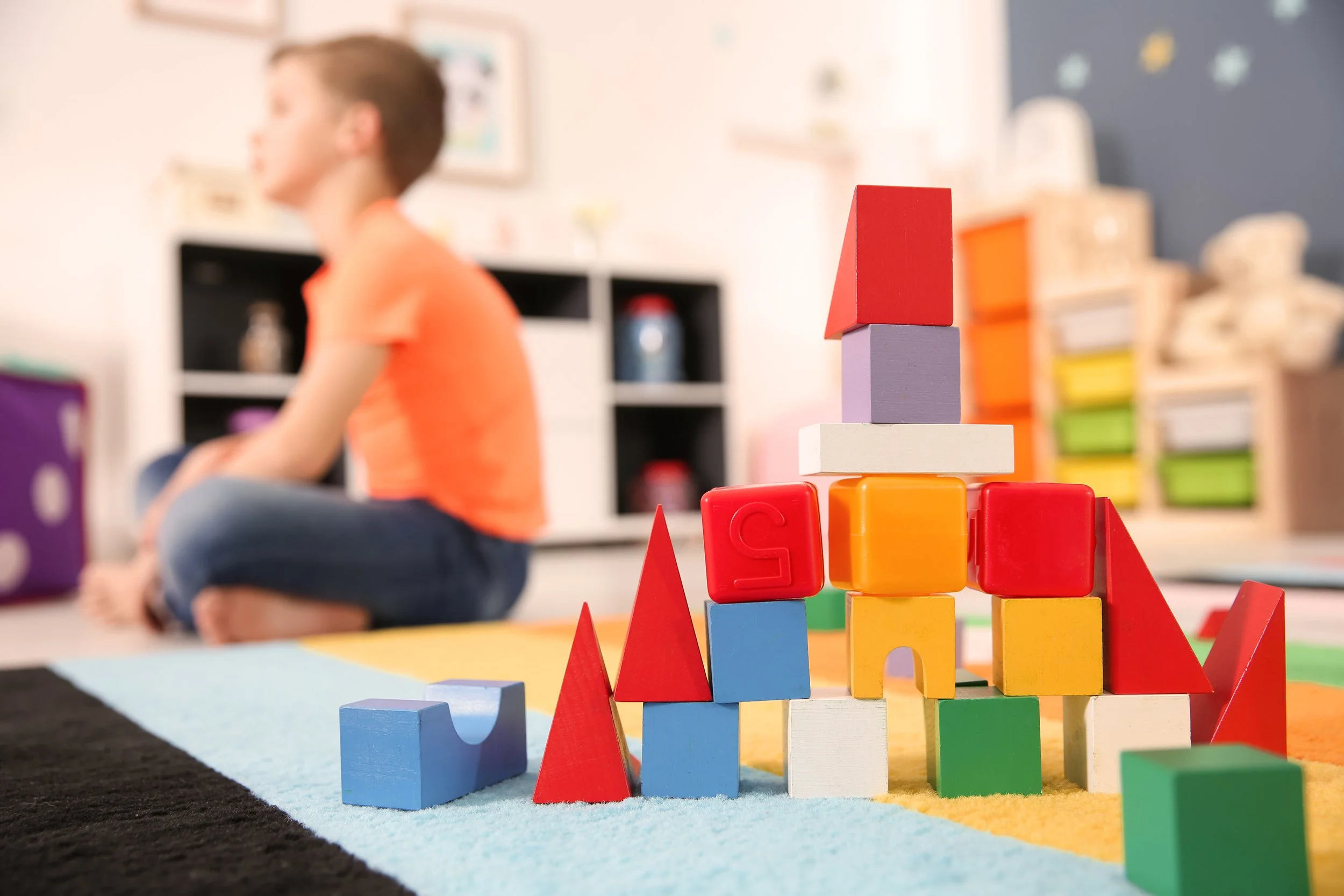PLAY
Does your child struggle to make friends and engage with others in play activities? Play includes activities that are intrinsically motivated, internally controlled, and freely chosen. Read on to see how an OT can promote developmentally appropriate play:
Approach to play:
OTs take a play-based approach (i.e., games with rules, playing with dolls, sports, arts and crafts) to develop your child’s play skills related to their sensory system, gross and fine motor skills, visual-motor skills, balance, ability to follow directions
Play items often found in an OT clinic:
Using swings (platform wing, trapeze swing, pod swing, or hammock swing, bolster swing) as a therapeutic tool to give children sensory input for a calming or alerting effect while also helping the child regulate their body in space
Using obstacle courses to target your child’s core strength, gross motor skills, planning, and listening skills
Facilitate sensory play by allowing your child to explore different sensory textures: magnetic sand, playdough, slime, finger paint, shaving cream
Using arts and crafts to target your child’s fine motor dexterity and strength by practicing manipulation of scissors, glue, pipe cleaners, clothespins, cardboard beads, string or yarn
Types of play:
Exploring different types of play to determine how your child best engages with others
Social play: child learns to take turns and play with others
Constructive play: child learns to experiment with manipulating objects to build a structure (i.e., blocks and puzzles)
Imaginative play: child learns to use their imagination for play (i.e., cooking or dress up)
Games with rules: child learns to follow basic directions (i.e., duck-duck-goose)
Importance of floor time:
OTs encourage floor time as a play approach to engaging your child in different activities while also building trust
Use a child’s interests to foster engagement
This approach helps children develop emotional regulation, communication, and problem-solving skills
Functional play toys:
Facilitate “functional” play in your child by engaging with toys that will further develop necessary life skills
Cooking by playing with a kitchen play set
Grocery shopping by playing with a grocery cart and different food items
Social participation, dressing, and hygiene by playing with dolls

